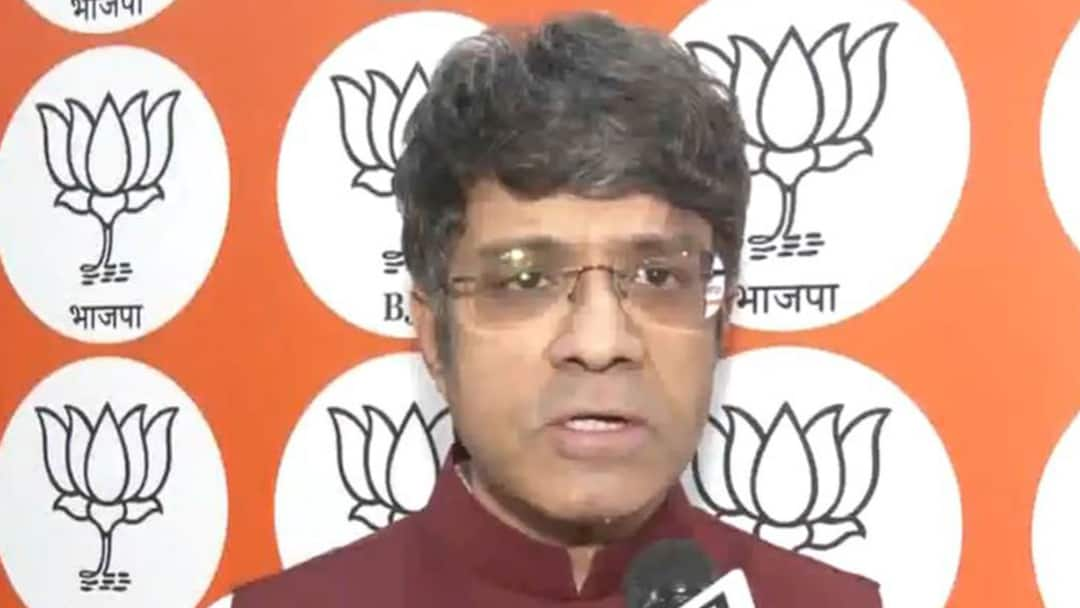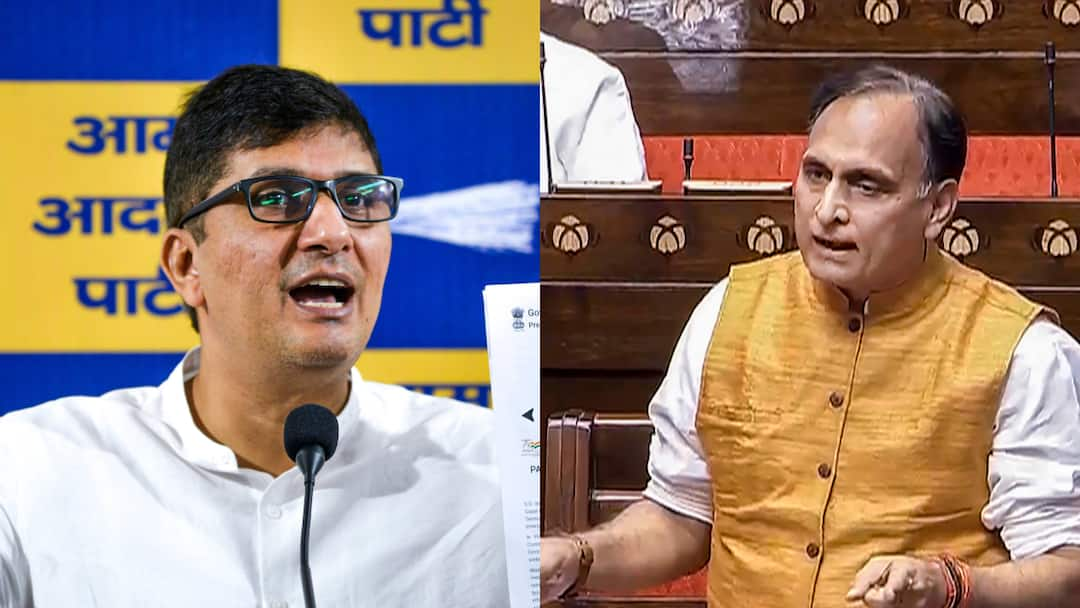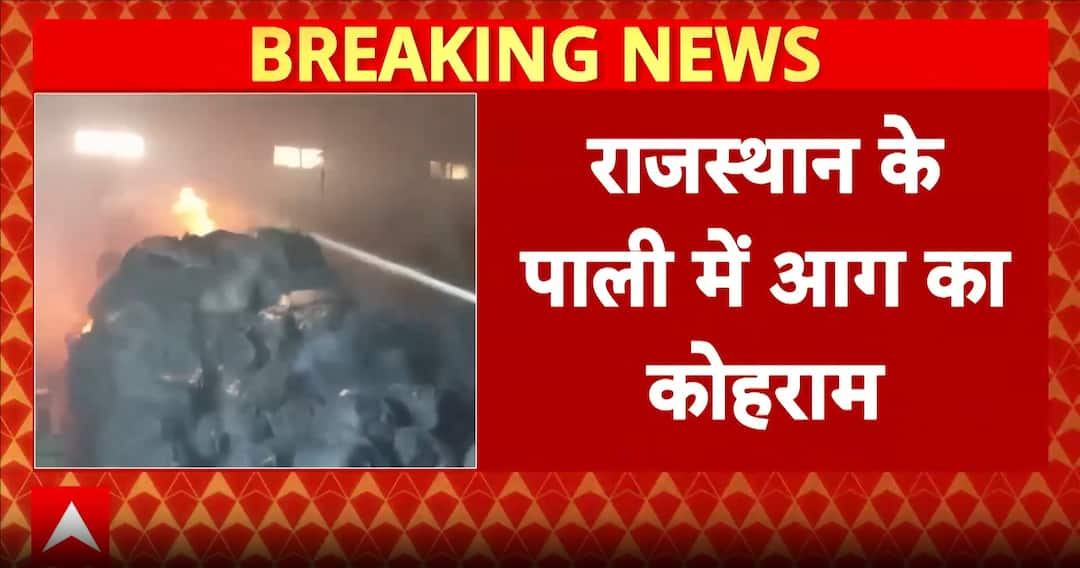BJP spokesperson CR Kesavan has ignited a political row by accusing India’s first Prime Minister, Jawaharlal Nehru, of committing a “historic sin” by omitting verses from Vande Mataram that referenced Goddess Durga. In a post on X, Kesavan alleged that the Congress, under Nehru’s leadership, adopted a shortened version of the song at its 1937 Faizpur session to accommodate communal sensitivities.
Kesavan’s remarks surfaced just hours before Prime Minister Modi was to inaugurate the 150th anniversary celebrations of Vande Mataram at Delhi’s Indira Gandhi Indoor Stadium, where a commemorative stamp and coin were released to mark the year-long nationwide event.
BJP’s CR Kesavan Blames Nehru For ‘Historic Sin’
Kesavan in the post cited letters written by Nehru to Subhash Chandra Bose, claiming they reveal Nehru’s disapproval of the song’s association with Goddess Durga. According to Kesavan, Nehru considered Vande Mataram unsuitable as a national anthem, while Netaji Bose supported retaining the original verses that extolled the goddess as a symbol of national strength.
“The younger generation must know how the Congress, led by Nehru, diluted the spiritual essence of Vande Mataram to appease certain groups,” Kesavan wrote. He contrasted this with Prime Minister Narendra Modi’s efforts to restore the full version, highlighting the ongoing 150th anniversary celebrations featuring a nationwide recital of the complete song.
It is imperative for our younger generation to know how the Congress party brazenly pandering to its communal agenda under the Presidentship of Nehru, adopted only a truncated Vande Mataram as the party’s national song in its 1937 Faizpur Session , while PM @narendramodi ji today… pic.twitter.com/13NBta11OV
— C.R.Kesavan (@crkesavan) November 7, 2025
Kesavan argued that Vande Mataram once represented unity and defiance against colonial rule but was later “misrepresented” by the Congress as a divisive religious hymn. He referred to Nehru’s correspondence from 1937, asserting that Nehru feared the song’s Hindu imagery might offend Muslims, thereby giving rise to communal tension.
Drawing modern parallels, Kesavan also cited Congress leader Rahul Gandhi’s 2024 remark about “fighting against Shakti” and his criticism of Chhath Puja, calling them examples of what he termed a “continuing anti-Hindu mindset” within the party.



